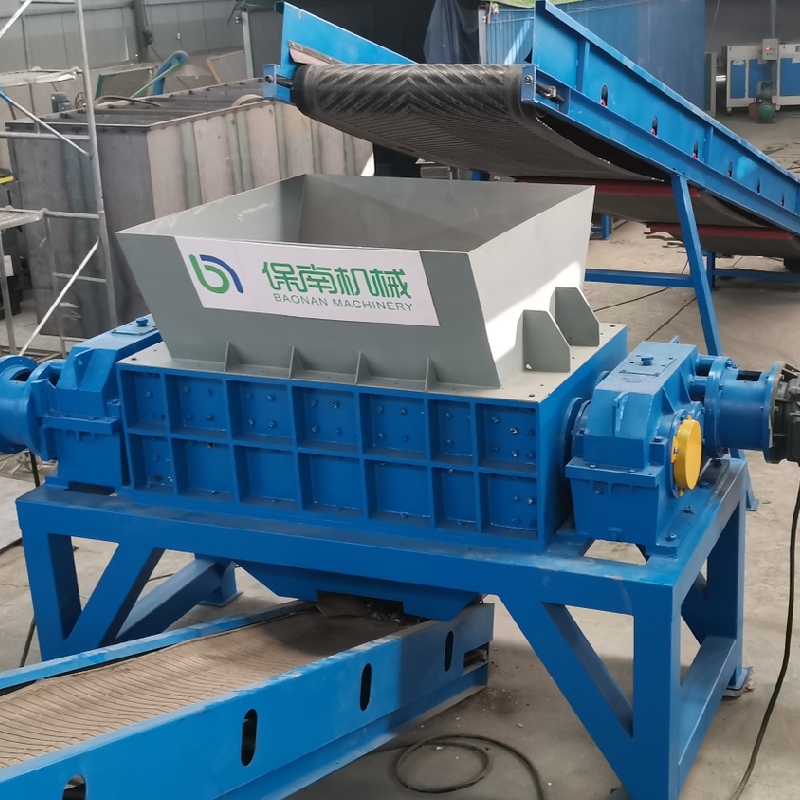

ਦਸੰ. . 04, 2024 09:29 Back to list
The Importance of Electronic Rubbish Collection for a Sustainable Future
In today’s rapidly evolving technological landscape, electronic devices have become an integral part of our daily lives. However, the increased consumption of electronics has led to a significant challenge electronic waste, or e-waste. This article delves into the importance of electronic rubbish collection and its role in fostering a sustainable future.
E-waste refers to discarded electrical or electronic devices, including smartphones, computers, televisions, and household appliances. According to the Global E-waste Monitor, an estimated 53.6 million metric tons of e-waste was generated worldwide in 2019, a figure projected to rise to 74.7 million metric tons by 2030. This alarming trend emphasizes the urgent need for effective electronic rubbish collection systems.
One of the primary concerns related to e-waste is its environmental impact. Many electronic devices contain hazardous materials, such as lead, mercury, and cadmium, which can leach into the soil and water if not disposed of properly. These toxic substances pose serious health risks to humans and wildlife, contributing to pollution and environmental degradation. E-waste recycling programs are essential for mitigating these risks, as they ensure that harmful materials are processed responsibly and safely.
Moreover, electronic rubbish collection fosters the recovery of valuable resources. Electronics contain a variety of precious metals, including gold, silver, and palladium, as well as rare earth elements. By recycling e-waste, we can reclaim these materials rather than extracting new ones, which is often a resource-intensive and environmentally damaging process. In fact, it is estimated that recycling one million mobile phones can yield over 24 kilograms of gold and 16,000 kilograms of copper, significantly reducing the need for new mining operations.

In addition to its environmental and economic benefits, electronic rubbish collection promotes social responsibility and community engagement. Many organizations and local governments have initiated e-waste recycling drives and awareness campaigns to encourage citizens to dispose of their old electronics responsibly. These programs often provide convenient drop-off locations and even incentives for recycling, making it easier for individuals to participate. By fostering a culture of sustainability, we can empower communities to make informed choices about their electronic consumption and disposal.
Despite the evident benefits of e-waste recycling, challenges remain. A significant barrier is the lack of awareness regarding the importance of electronic rubbish collection. Many people are still unaware of the environmental hazards associated with improper e-waste disposal or the recycling options available to them. Educational initiatives aimed at raising awareness about e-waste and its impact can play a pivotal role in changing public perceptions and behaviors.
Furthermore, the rapid pace of technological advancements often leads to a culture of disposability, where consumers are quick to replace old devices with new ones, exacerbating the e-waste problem. To combat this, manufacturers should adopt more sustainable practices, such as designing products for longevity, modularity, and easier recyclability. Encouraging a shift towards a circular economy, where products are reused, repurposed, or recycled, can significantly reduce the volume of electronic rubbish generated.
In conclusion, electronic rubbish collection is a critical component of a sustainable future. By prioritizing e-waste recycling, we can mitigate environmental hazards, recover precious resources, and foster community engagement. It is imperative that individuals, businesses, and governments work together to create effective and accessible electronic rubbish collection systems, thus paving the way for a cleaner, healthier planet. Ultimately, we all have a role to play in addressing the e-waste crisis, and through collective action, we can ensure a more sustainable and responsible approach to our electronic consumption.
Latest news
Troubleshooting Common Eddy Separator Problems
NewsJul.04,2025
The Role of Metal Recycling Plants in Circular Economy
NewsJul.04,2025
The Impact of Recycling Line Pickers on Waste Management Costs
NewsJul.04,2025
Safety Features Every Metal Shredder Should Have
NewsJul.04,2025
How Industrial Shredders Improve Waste Management Systems
NewsJul.04,2025
How Cable Granulators Contribute to Sustainable Recycling
NewsJul.04,2025